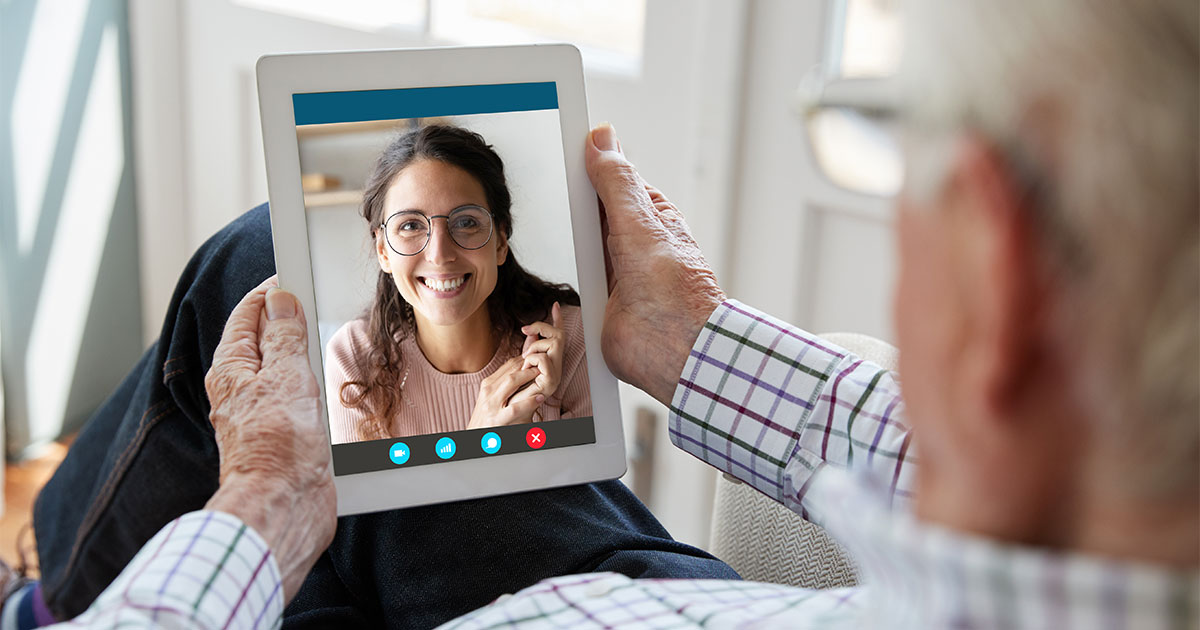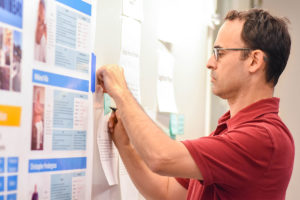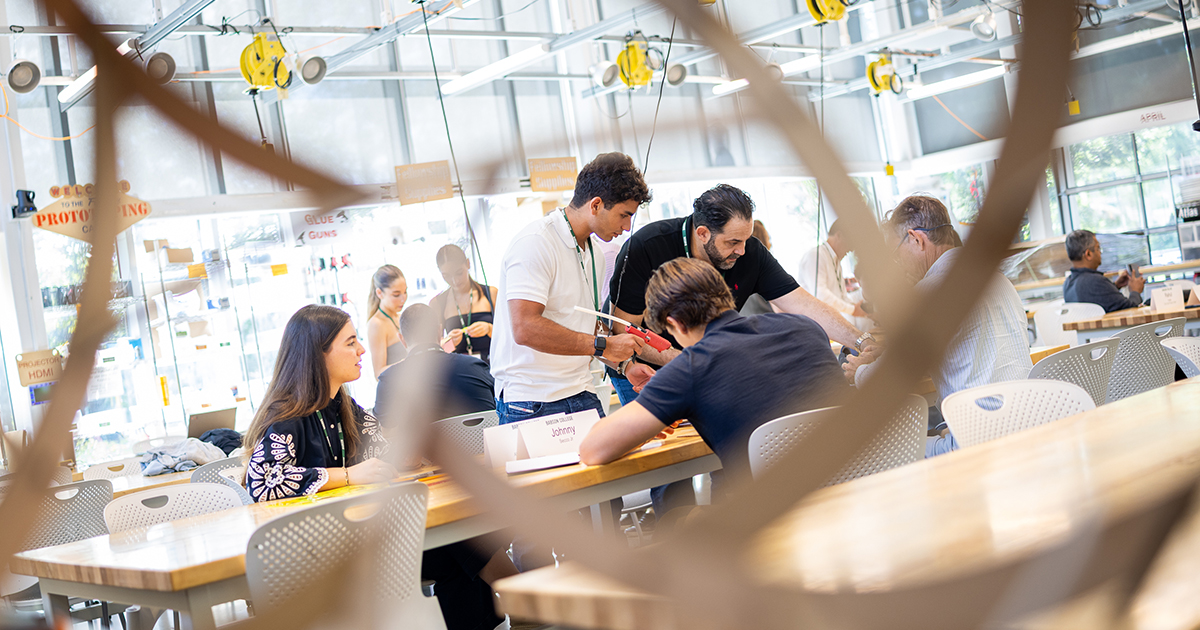The Fight Against Isolation in the Time of COVID

She always looks forward to Mondays. That’s what the woman told Liliana Reyes Medrano ’22.
Mondays are when she goes to the supermarket. To many, grocery shopping might seem like an ordinary activity, no different than getting gas or going to the post office. But, for the woman who is elderly and lives alone, a trip to the supermarket represents a rare outing and a chance to be among people.
So, when COVID-19 hit, and the woman could no longer go to the supermarket, she lost more than a chance to buy groceries in person. She lost a vital connection to the outside world. “It’s sad,” she said, “when the one day of the week you look forward to is the one day when you can just look at people walking around you.”
Not Feeling Connected
Reyes Medrano spoke to the woman, whose name is withheld for confidentiality, this past summer while researching a project for Babson’s FutureLab on Mobility. With support from the Toyota Mobility Foundation, FutureLab brings together diverse community partners and the entrepreneurial leadership of Babson to explore solutions for social challenges.

Sinan Erzurumlu, faculty director of the FutureLab on Mobility and a professor of operations management
Reyes Medrano was part of a five-person team, made up of Babson undergraduate and graduate students, looking at improving the technological connectivity of older adults. Through technology, the team hoped to combat social isolation, a long-standing problem for the elderly that the pandemic has only made worse.
To conduct research, Reyes Medrano interviewed seniors on the phone. What she learned challenged assumptions that she—and, frankly, many of us—have about the elderly. She also gained an appreciation of how important the everyday things in life, such as a trip to the supermarket, can be to those who are often homebound.
“It makes me realize that, what feels simple to you, is everything to someone else,” Reyes Medrano says. “Older adults value physical interaction with people. With COVID and everything going remote, it was difficult for them to feel connected to others.”
Many Conversations
The intensive project that Reyes Medrano was working on was typical for the FutureLab. “The problems we deal with at FutureLab are highly complex, and it takes a village to collaborate and communicate to solve them,” says Sinan Erzurumlu, FutureLab’s faculty director and a professor of operations management.
Collaborating with the Massachusetts Executive Office of Elder Affairs (EOEA), Reyes Medrano and the team sought to truly understand the issues of isolation and technology access in older adults. To do that, they spoke with a wide range of stakeholders: government officials, social service providers, senior center staff, social workers, research scientists, and technology providers.
“Older adults value physical interaction with people. With COVID and everything going remote, it was difficult for them to feel connected to others.”
Liliana Reyes Medrano ’22
The team also learned a lot by speaking with about dozen older adults. “I came in with this perception of older adults not wanting to embrace technology,” Reyes Medrano says. She thought the attitude of her grandmother, who doesn’t like to use her cell phone, was more or less typical.
Yes, some seniors feel unsure using devices such as smartphones and tablets, the team found, but others are well-versed in their usage. Others may be willing to learn but don’t have an adequate internet connection or don’t have any support to help them. They may not have a grandchild, for instance, who is able to coach them. Some seniors might not even have access to any online devices.
To Enjoy Technology
The need for a technological intervention is certainly high, particularly in this time of COVID. In the team’s research, Reyes Medrano says, “We found that loneliness has a great impact on the mental health of these older adults.”
To the EOEA, the team made a number of recommendations. The students called for partnerships with broadband companies, which might be willing to donate devices to seniors, and for the creation and testing of devices that are helpful for older generations. They also called for the development of a centralized support system for technology.
“There are many opportunities to create within this space,” Reyes Medrano says. “We have the chance to create a better space for these older adults to interact and enjoy the advantages of technology.”




